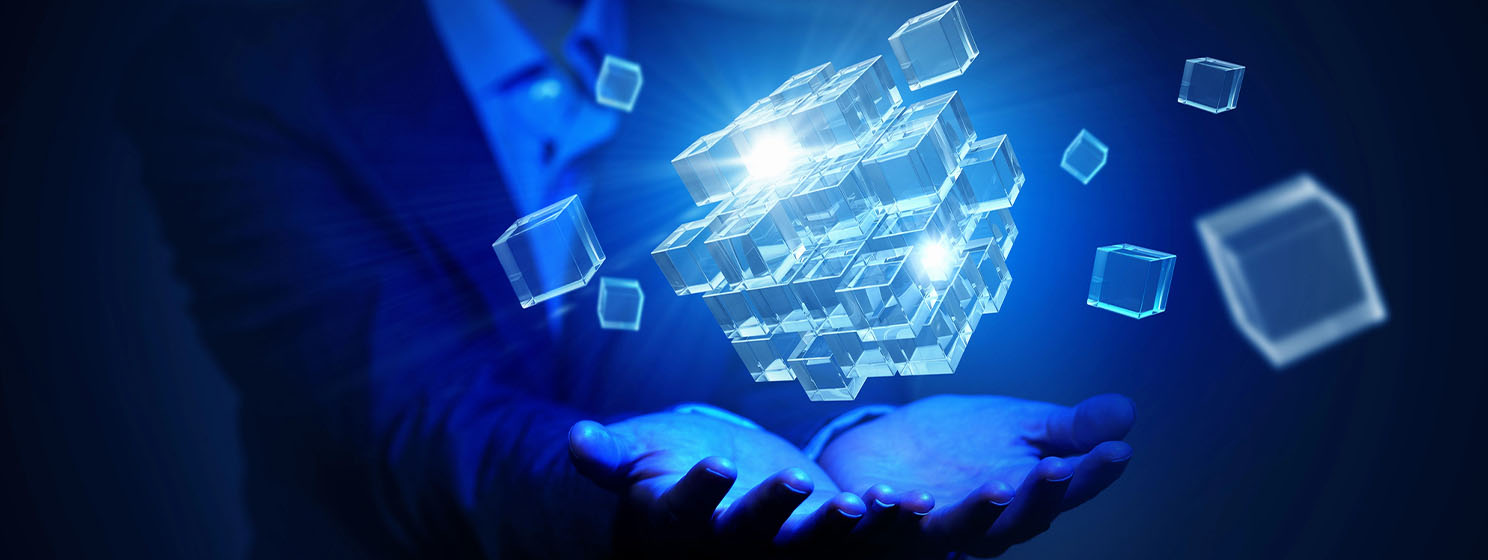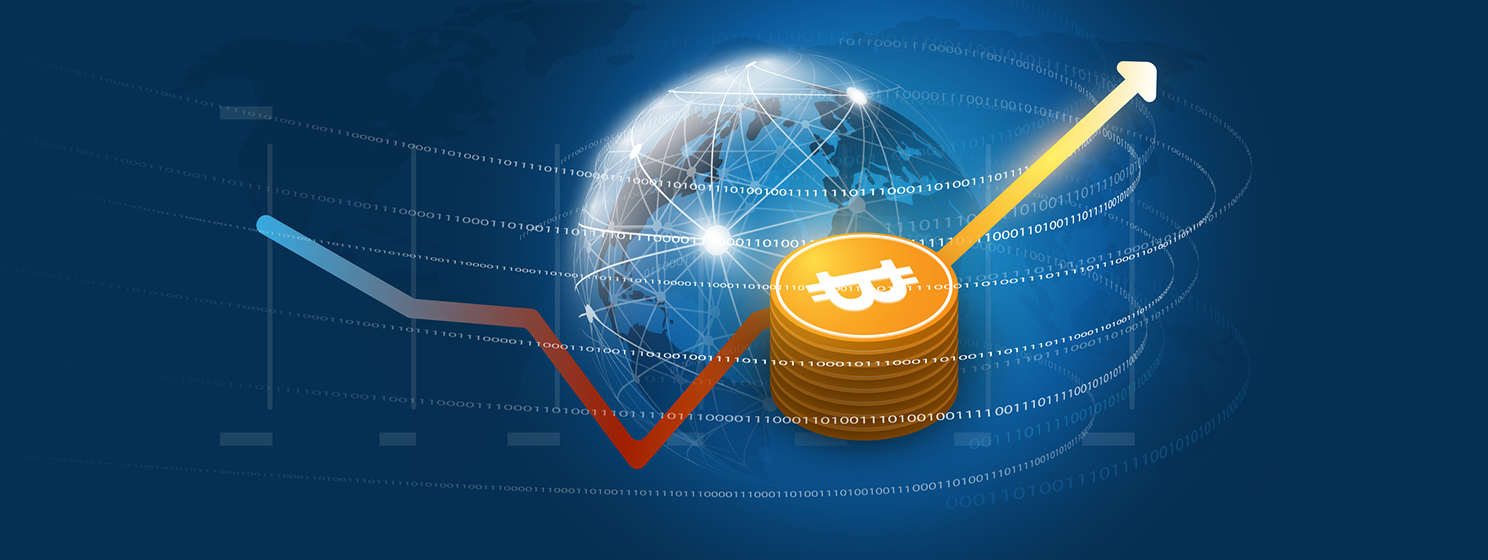|
Getting your Trinity Audio player ready...
|
Morocco is heavily investing in blockchain, artificial intelligence (AI), and other emerging technologies, targeting a 10% rise in its gross domestic product (GDP) by the end of the decade.
The Moroccan government unveiled its Digital Morocco 2030 strategy last year as its roadmap toward transitioning the country into a thriving digital hub. With an investment of over 11 billion dirhams ($1.1 billion) by the end of 2026, the government wants to supercharge the country’s digital economy, tapping into the latest technology to create over 240,000 jobs and train over 100,000 young people a year in digital skills.
In the short term, the government focuses on digitizing all its services under the Unified Administrative Services Portal, from education and health to social protection and investment. Ultimately, Morocco believes it can become one of the world’s top 50 tech powers by the decade’s end.
Blockchain will play a key role. The Northern African nation plans to integrate the technology into its government services to improve efficiency and security, as well as to crack down on graft. It will also promote its adoption in the private sector, where it’s already being trialed in the health and financial services sectors.
Morocco is also becoming a digital asset hub. A February report revealed that over six million Moroccans hold digital assets, accounting for over 15% of the population. This represents a 60% surge in ownership over the past five years.The adoption is even more remarkable considering the government banned digital assets in 2017 and, despite the change in tone, has yet to lift it officially. However, legislators and regulators are working on changes to the law to legalize digital assets.
Beyond blockchain, the country is also exploring AI under the 2030 roadmap. Last year, the Mohammed VI Polytechnic University in central Morocco became the first in Africa to launch an AI-powered learning system: ChatGPT Edu. The government has also trained over 1,000 local small- and medium-sized enterprises (SMEs) on how to tap AI in their operations, partnering with LinkedIn and the European Bank for Reconstruction and Development for the initiative.
In 2024, the country also integrated AI into its judicial system to transcribe rulings, retrieve text, conduct research, and more, which was the first in Africa.
Watch: Tech redefines how things are done—Africa is here for it

 03-05-2026
03-05-2026 




